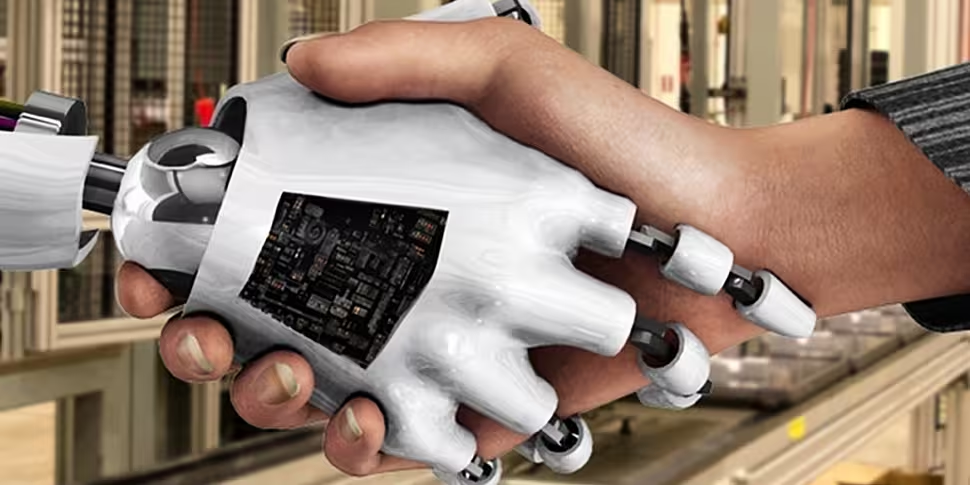Psychologist Sherry Turkle wonders whether higher expectations for technology means we end up expecting less from each other. She looks at how devices and online personas are redefining human connection. She says we need to really think about the kinds of connections we want to have.
<iframe width="560" height="315" src="https://www.youtube-nocookie.com/embed/t7Xr3AsBEK4" frameborder="0" allowfullscreen></iframe>
Robotics Engineer Cynthia Breazeal always wondered why we use robots on Mars, but not in our living rooms. She realized the key was training robots to interact with people. She talks about how she now builds robots that teach, learn — and play.
<iframe width="560" height="315" src="https://www.youtube-nocookie.com/embed/eAnHjuTQF3M" frameborder="0" allowfullscreen></iframe>
Research Scientist Andrew McAfee talks about how technology affects the labor market, today and in the future. Robots and algorithms can now build cars, write articles, and translate texts — all work that once required a human. So what will we humans do for work? McAfee looks at recent labor data to say, We ain't seen nothing yet.
<iframe width="560" height="315" src="https://www.youtube-nocookie.com/embed/cXQrbxD9_Ng" frameborder="0" allowfullscreen></iframe>
Physician and writer Abraham Verghese says modern medicine is in danger of losing a powerful, old-fashioned tool: human touch. He describes our strange new world where patients are data points, and he calls for a return to the traditional physical exam.
<iframe width="560" height="315" src="https://www.youtube-nocookie.com/embed/sxnlvwprf_c" frameborder="0" allowfullscreen></iframe>









